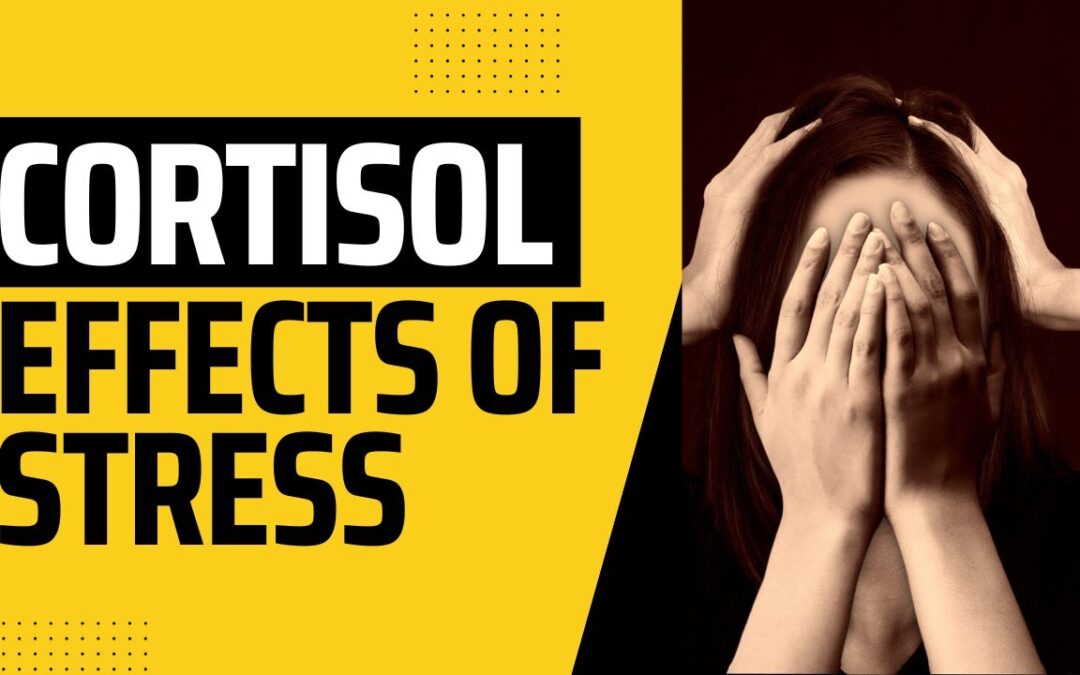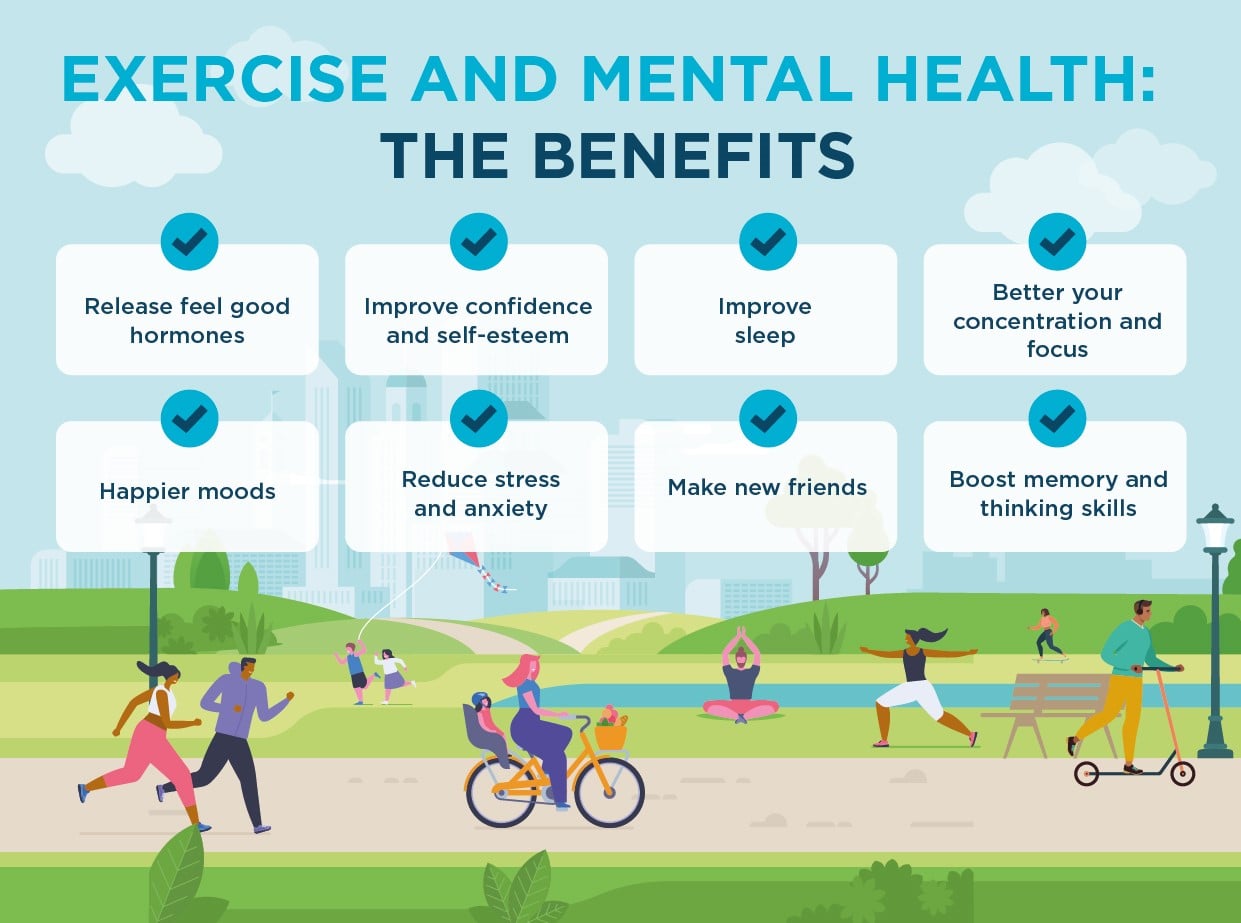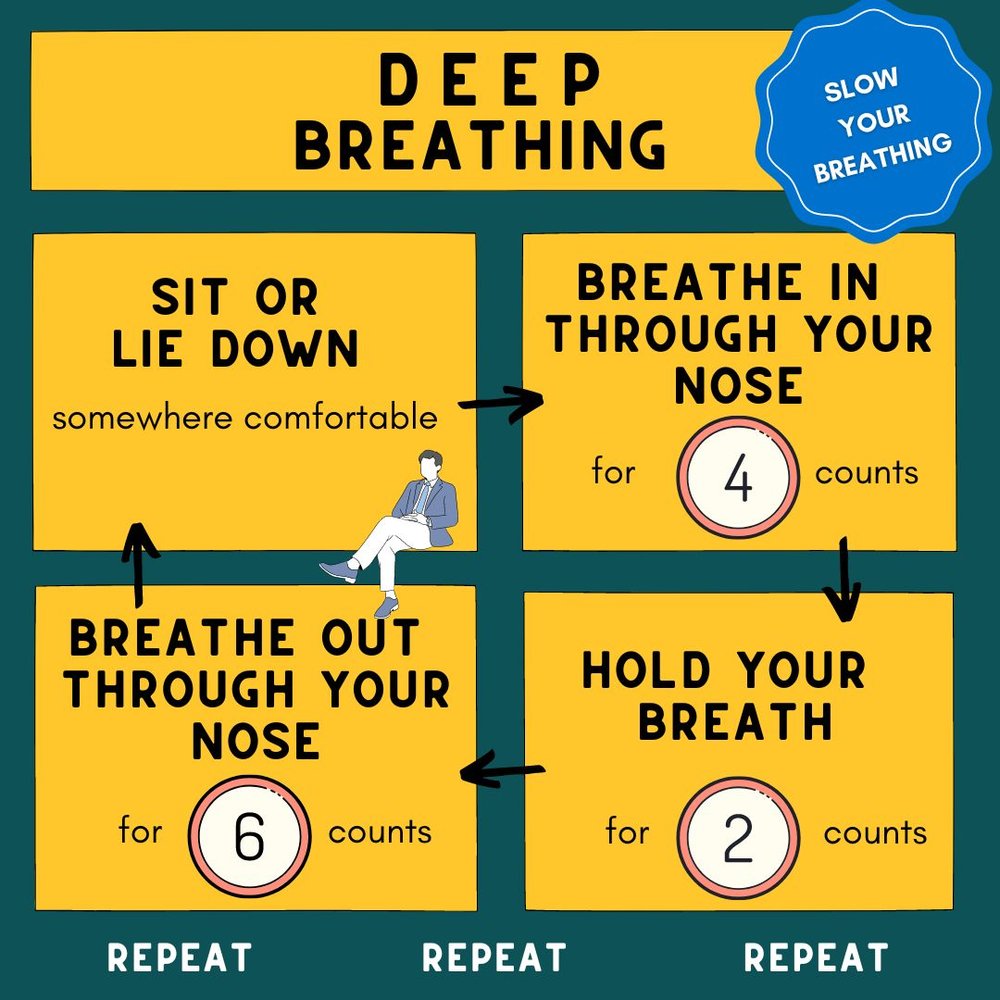Ah, cortisol. The stress hormone that loves to pop in uninvited and overstay its welcome. You know, the one that thinks it’s doing you a solid by keeping you on high alert for imaginary threats like saber-toothed tigers, but really just wreaks havoc on your body. Thanks, cortisol!
Let’s start with the basics. Cortisol is produced by your adrenal glands in response to stress. In short bursts, it can be a lifesaver, keeping you alert and focused, which is great when you’re running away from danger or surviving a Monday morning meeting. But when it hangs around too long? Well, that’s where the trouble starts.
The Weight Gain Effect
Here’s the fun part: cortisol has a special talent for making you gain weight, particularly around the belly. According to a study from the Journal of Clinical Endocrinology and Metabolism, prolonged high cortisol levels can lead to fat storage, especially in the abdominal area. This is no coincidence—cortisol is like that overeager friend who can’t resist bringing a six-pack of beer to every party, even when no one asked for it. It loves to store fat around your vital organs, which is not only aesthetically unappealing but also puts you at higher risk for metabolic syndrome and heart disease. So, yeah, thanks for that, cortisol.
Sleep: A Casualty of Cortisol
Oh, and don’t even get me started on the sleep situation. Cortisol is supposed to be the hormone that helps wake you up and get you out of bed in the morning. But when it refuses to leave at night, you’re stuck wide-eyed at 2 a.m., scrolling through TikTok like you’re prepping for a night shift. In fact, according to the National Institutes of Health, cortisol levels should naturally dip in the evening to help us wind down. But when you’re under chronic stress, cortisol levels stay elevated, making it harder to fall asleep and stay asleep. So, congratulations cortisol—you’re not only keeping us stressed, but you’re also ruining our beauty sleep.
Mood Swings: Blame It on Cortisol
Next up: your mood. Thanks again, cortisol. You’re the hormone equivalent of throwing a wrench in a perfectly good engine. High cortisol levels can make you feel like a hot mess of anxiety, irritability, and sadness. It’s like you wake up one day feeling fine, and the next thing you know, you’re arguing with the barista over the proper way to pronounce “espresso” because your body’s cortisol levels are out of control. Research from the American Psychological Association has found a direct correlation between chronic stress (and thus high cortisol) and the risk of developing anxiety and depression. So if you’ve been snapping at your loved ones for no reason, you might want to check your cortisol levels.
Inflammation: The Gift That Keeps on Giving
Cortisol is also best friends with inflammation. When cortisol stays high for too long, it can trigger chronic inflammation in your body, which can contribute to a whole slew of health problems, like arthritis, heart disease, and autoimmune disorders. It’s like poking a beehive and wondering why everything hurts. According to a study published in Brain, Behavior, and Immunity, chronic stress (and the resulting high cortisol levels) can cause a prolonged inflammatory response, wreaking havoc on your joints, muscles, and even your skin. So, not only are you tired, anxious, and gaining weight, but now you’re dealing with inflammation too. Great.
Managing Cortisol Like a Pro
So, what’s a person to do? Well, good news: it’s possible to keep cortisol in check, even though it’s clearly the party crasher you never invited. Exercise (the good kind, not the stress-inducing kind) is a great way to keep cortisol levels balanced. According to a study published in Psychoneuroendocrinology, regular physical activity helps lower cortisol and reduces stress. Meditation, deep breathing, and mindfulness practices can also work wonders. A study in Health Psychology found that mindfulness meditation helps reduce cortisol levels and improves emotional regulation, so you can stop being that grumpy person snapping at your friends and coworkers.
But here’s the most surprising tip of all: sleep. That’s right. The thing that cortisol loves to mess up is also the thing that can help regulate it. A good night’s sleep allows your body to lower cortisol naturally. So, maybe skip the late-night binge-watching and catch some Z’s for the sake of your cortisol levels.
Leave Already, Cortisol!
Cortisol, we get it—you’re trying to help us survive the chaos of modern life. But seriously, it’s time for you to take a vacation. We don’t need you hanging around all the time, making us anxious, inflamed, and giving us that unwanted belly fat. Let’s work together to find healthier ways to manage stress and give cortisol the boot, once and for all. Because, really, we’ve got enough problems without you making it worse.




